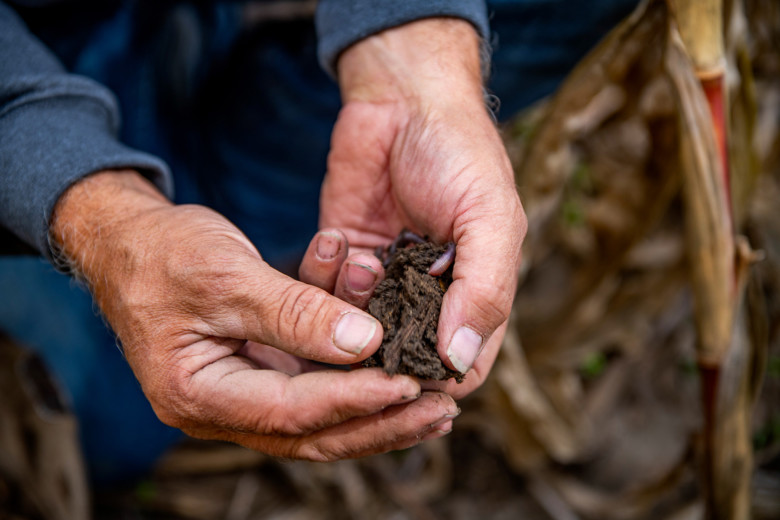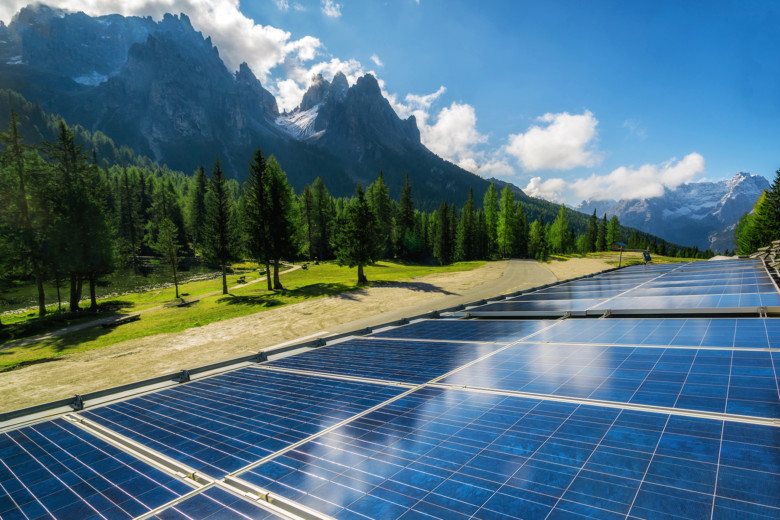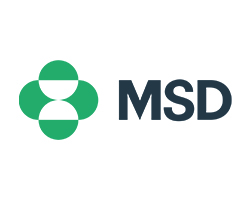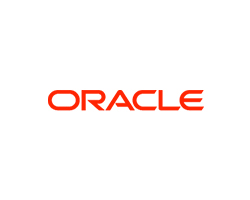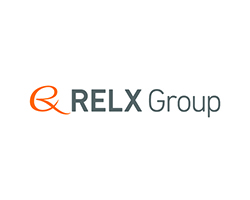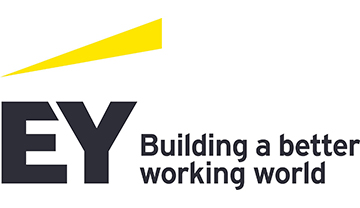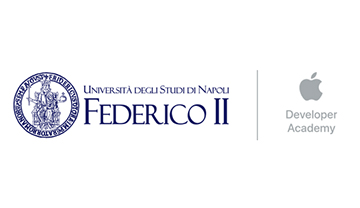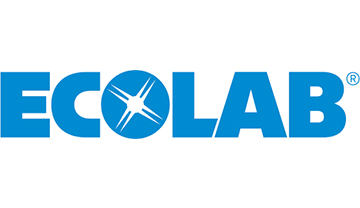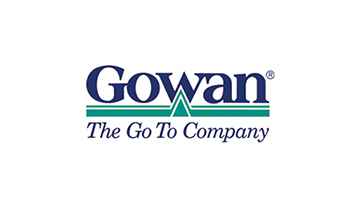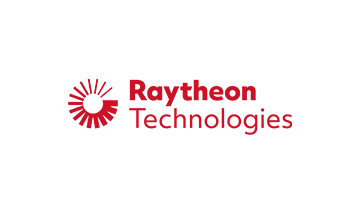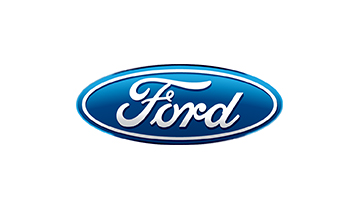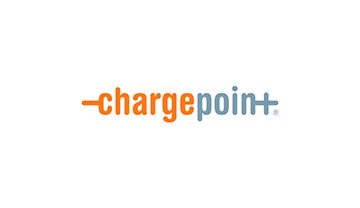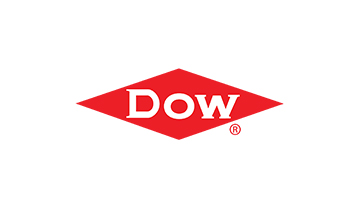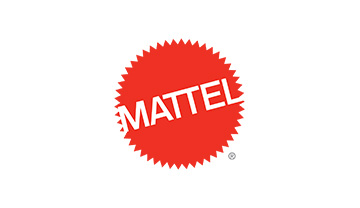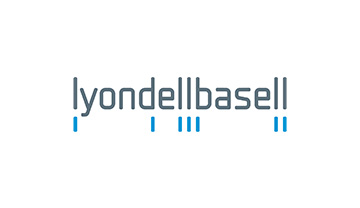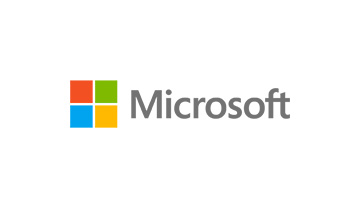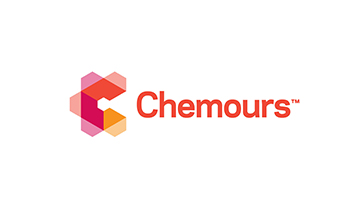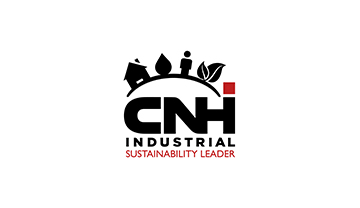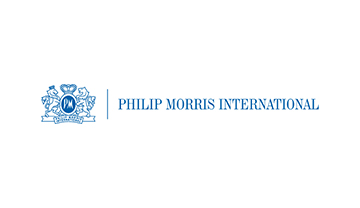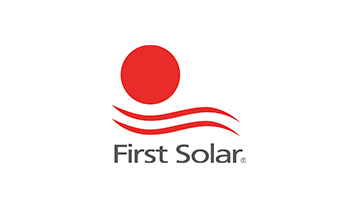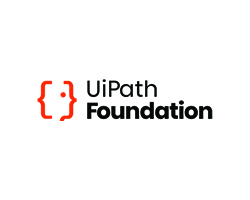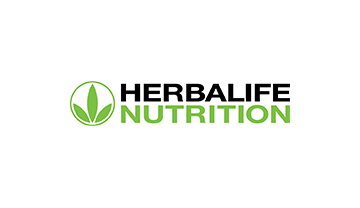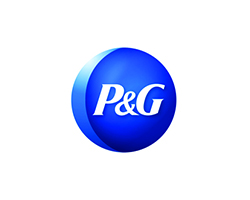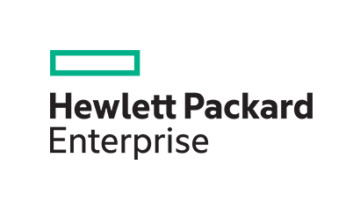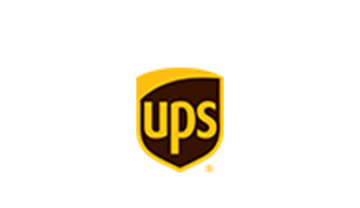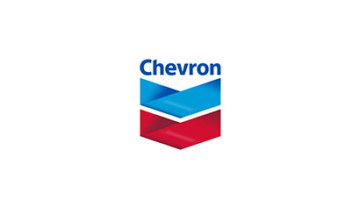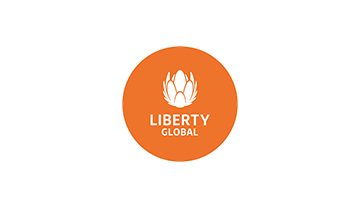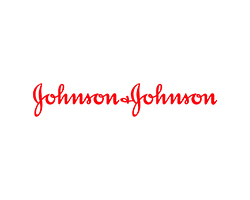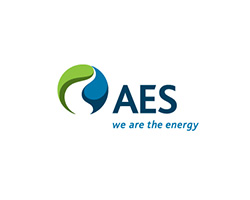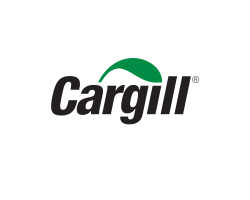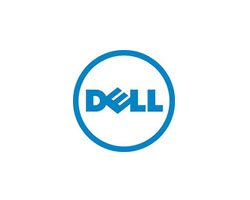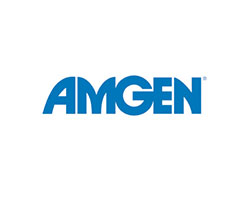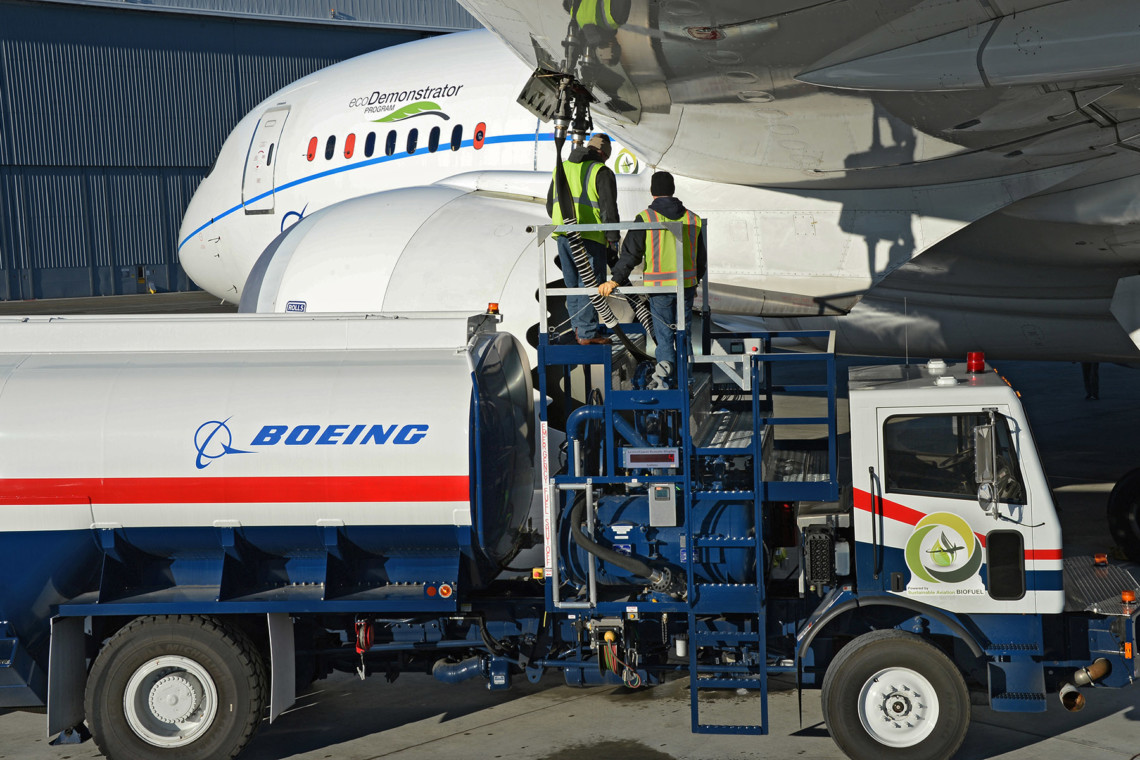
Over the past century, air travel has brought the world closer together to make it a better place. Billions of passengers fly every year to connect with loved ones, discover new places and cultures, engage in commerce, and care for those in need. Airplanes carry over one-third of the value of global trade. Aviation is a major global economic driver and this comes with a responsibility to innovate to make air travel sustainable.
Boeing has always been committed to make flying more economical for airlines, affordable for more travellers and better for the environment. Efforts to decarbonise aviation have intensified as the industry faces the urgent challenge of climate change. Reducing carbon emissions is complex and no single solution exists. Boeing and the industry are focused on a multi-faceted strategy that encompasses airline fleet replacement, network operational efficiency, renewable energy and advanced airplane technologies.
These collective efforts reduce emissions in different aviation markets and over different time frames. One area widely recognised as having the most immediate and largest potential in the next 20 to 30 years is the transition to sustainable aviation fuels (SAF).
Feedstocks that are used to produce SAF include solid municipal waste, wood waste, waste gases, and agricultural residues. SAF is proven and can be used in airplanes flying today and tomorrow. Scientific studies show it reduces emissions by up to 80% over the fuel’s life cycle, depending on the source used to make it. However, its uptake in the EU has been extremely limited, currently accounting for 0.05% of jet fuel use.
Progress on developing SAF has been moderate, but is accelerating. Technical barriers to the production of SAF have been largely overcome. Boeing has been a pioneer in making SAF a reality. The company worked with airlines, engine manufacturers and others to conduct biofuel test flights starting in 2008 and gain approval for commercial use in 2011. Since then, Boeing has partnered with airlines, industry, governments and research institutions around the world to expand limited supplies and reduce the fuels’ cost.
Boeing recently joined the HIGFLY project to increase SAF supplies in the EU. HIGFLY is a 4-year project awarded by the European Union as part of the Horizon 2020 programme for SAF research. Led by the University of Eindhoven in The Netherlands, the project includes European partners invested in SAF development. The project’s three principal objectives include tapping into abundant and sustainable feedstocks from the bioenergy sector; developing a highly efficient reactor and separation technologies that allow for the production of SAF in a resource, energy and cost-effective manner; and advancing the knowledge of these innovative technologies.
In January 2021, Boeing committed to ensure its commercial airplanes will be capable and certified to fly on 100% sustainable aviation fuels by 2030. Today, SAF is mixed directly with conventional jet fuel up to a 50/50 blend — the maximum that regulations allow. Boeing will also work to gain regulatory approval for 100% SAF flights.
Boeing stands ready to collaborate with the EU to advance sustainable aviation fuels and the industry’s recovery in line with the European Green Deal climate objectives.
More like this

Driving progress towards a circular and low-carbon economy
Circular Economy, Decarbonised Energy, The Green Way

